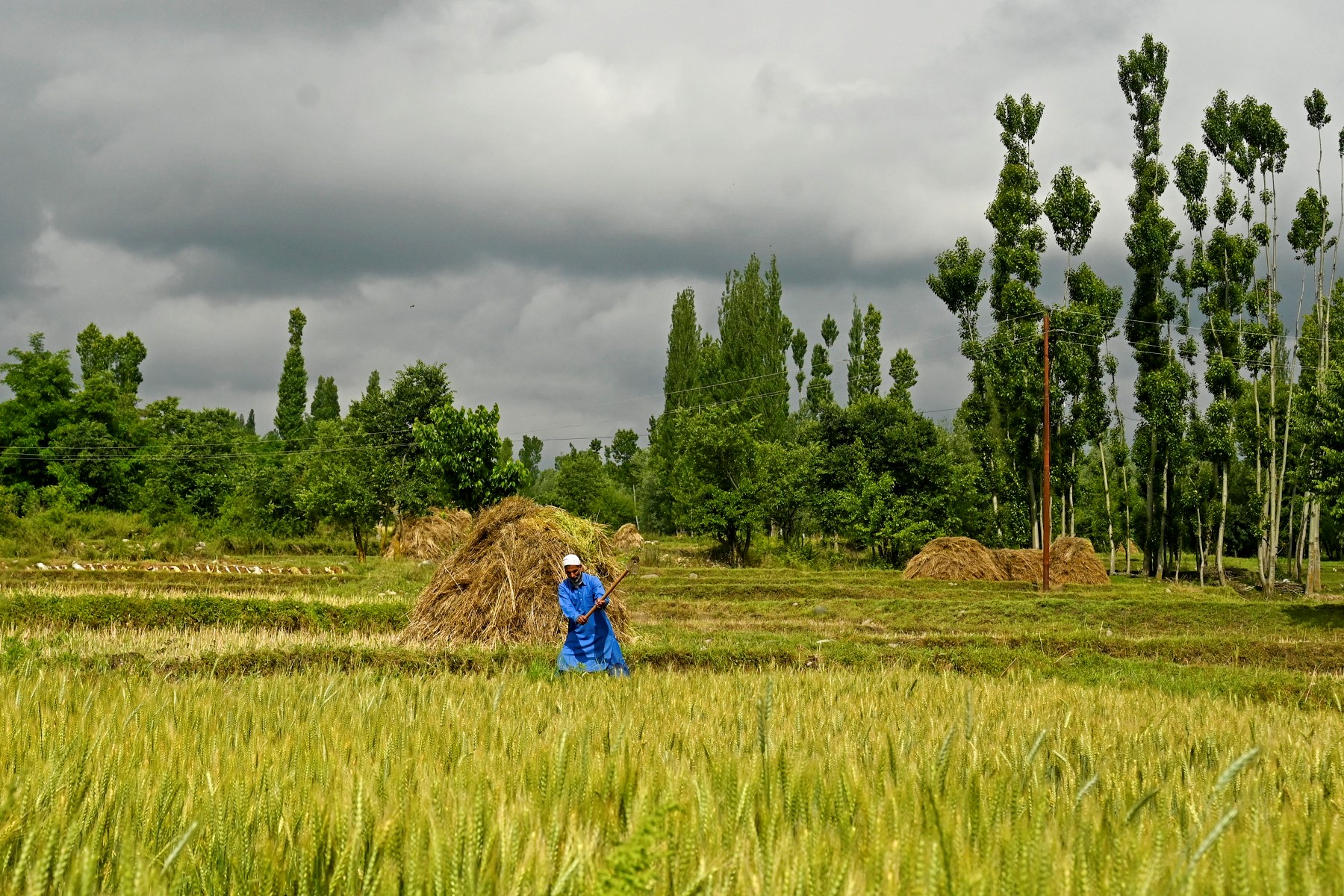Mumbai, India: The world’s biggest rice exporter India has banned some overseas sales of the grain “with immediate effect”, the government said, in a move that could not only drive international prices even higher but also impact Middle East.
However, India has not banned export of Basmati rice – a variety of long, slender-grained aromatic rice – around of half of whose production in the country is imported by some Middle Eastern countries. Earlier this year, Iran, Saudi Arabia and Iran accounted for 50 percent of total shipments of India’s export of this variety.
According to the data from India’s Agricultural and Processed Food Products Export Development Authority (APEDA), the shipments of basmati rice increased to 3.2 million tonnes (mt) in April-December 2022 from the 2.74 mt in the year-ago period. In terms of value, the surge was 40 percent to $3.34 billion from $2.38 billion.
There has been a surge in demand for basmati rice in the Middle East, where prices are rising by $20-$30 per tonne.
India exports some ₹40,000 crore worth of basmati every year to North America, Europe and the Middle East.
In 2020, according to an estimate, five middle eastern countries were responsible for 70 percent of the total Basmati rice imported from India. These five countries were Iran, Saudi Arabia, Iraq, the UAE, and Kuwait.
Fear of inflation
India accounts for more than 40 percent of all global rice shipments, so the decision could “risk exacerbating food insecurity in countries highly dependent on rice imports”, data analytics firm Gro Intelligence said in a note.
Countries expected to be hit by the ban include African nations, Turkey, Syria, and Pakistan — all of them already struggling with high food-price inflation — the firm added.
Rice is a food staple for more than 3 billion people and prices on international markets have soared to decade highs as the world grappled with the Covid pandemic, the war in Ukraine and the impact of the El Nino weather phenomenon on production levels. Nearly 90 percent of the water-intensive crop is produced in Asia. Global prices are already hovering at their highest level in 11 years.
India would ban exports of non-basmati white rice — which accounts for around a quarter of its total – the consumer affairs and food ministry said.
The move would “ensure adequate availability” and “allay the rise in prices in the domestic market”, it said in a statement late Thursday.
Global demand saw Indian exports of non-basmati white rice jump 35 percent year-on-year in the second quarter, the ministry said.
The increase came even after the government banned broken rice shipments and imposed a 20 percent export tax on white rice in September.
India exported 10.3 million tonnes of non-basmati white rice last year and Rabobank senior analyst Oscar Tjakra said alternative suppliers did not have spare capacity to fill the gap.
“Typically the major exporters are Thailand, Vietnam, and to some extent Pakistan and the US,” he told AFP. “They won’t have enough supply of rice to replace these.”
Moscow’s cancellation of the Black Sea grain deal that protected Ukrainian exports has already led to wheat prices creeping up, he pointed out.
“Obviously this will add into inflation around the world because rice can be used as a substitute for wheat.”
Rice prices in India rose 14-15 percent in the year to March and the government “clearly viewed these as red lines from a domestic food security and inflation point of view”, ratings agency Crisil’s research director Pushan Sharma said in a note.
India had already curbed exports of wheat and sugar last year to rein in prices.

